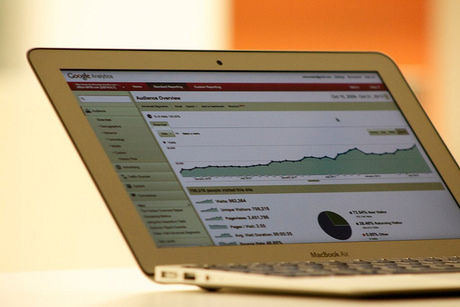Big data reaches tipping point in Australia

Australia is reaching a tipping point for big data adoption this year and is one of the most mature big data markets in the Asia-Pacific region, according to IDC.
Research conducted in 2014 shows that one in four Australian organisations are planning to increase their big data and analytics budgets this year, the company said. This will make 2015 a milestone year in terms of adoption of the technology.
But take-up has not been uniform across companies and industries, according to IDC Research Director Sally Parker.
“Australia’s adoption of big data has been characteristic of a two-speed economy; however, a growing imperative for organisations to leverage technology to innovate and ultimately remain competitive not just locally but globally is driving data driven intelligence initiatives,” she said.
“Whilst one of the most mature markets in Asia Pacific, many organisations remain in discovery stage.”
Opportunities for competitive gains exist across industry verticals, with verticals including health care and resources pursuing bottom line initiatives, in contrast to the top-line focus of industries such as field service.
Australian organisations exploring big data rank improving the customer experience as a top business priority for the technology. Other priorities include improving competitive advantage and aiding with customer acquisition and retention.
Separate research conducted by Australia’s Telsyte predicts that more than 70% of large Australian organisations will become data driven by 2019, up from around a third today.
Some 38% of large Australian businesses are currently using big data analytics, Telsyte said. Adoption to date has centred around the retail, manufacturing and government sectors.
In addition, two-thirds of organisations investigating big data are planning to increase technology operational expenditure over the next 12 months.
Increasing take-up of big data analytics is giving rise to a new generation of data-driven CEOs. The firm predicts that if the CEO is not a data scientist, the organisation will have one on the executive team within the next few years.
“The data-driven CEO uses numerous sources of data to make decisions with precision, which is now essential in being able to report to the board and ultimately shareholders,” Telsyte Senior Analyst Shayum Rahim commented.
Why there's no efficient automation without integration
It's not enough for organisations to simply use AI: they must leverage it in a way that...
AI-driven observability: fundamental for business continuity?
The strategic blending of observability with AI is no longer a nice-to-have: it's necessary...
What two years of GenAI has taught us about unlocking value
While the end goal has always been about realising value, it's clear the two-year anniversary...




